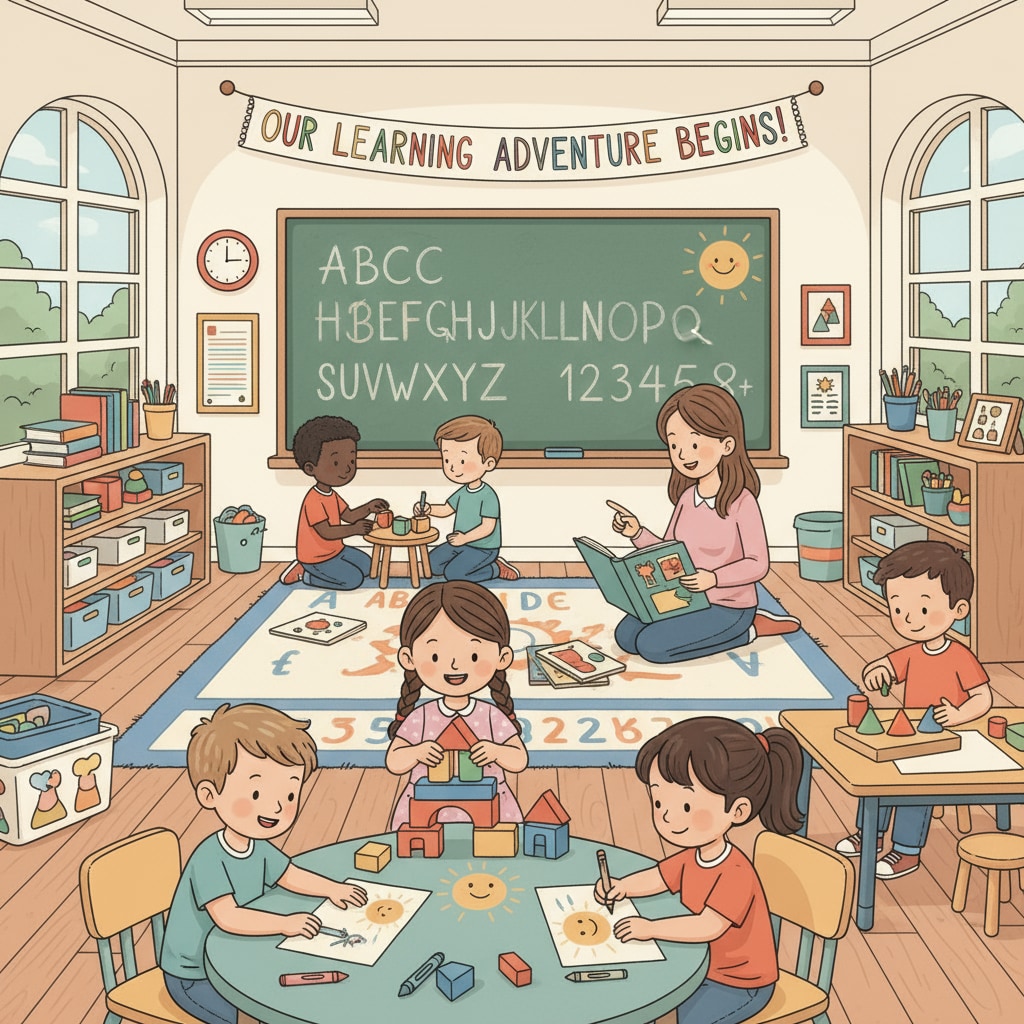Gifted education, kindergarten admissions, and education policies have long been topics of intense debate, especially in New York City. The city’s kindergarten gifted programs have recently become the center of a political storm, highlighting the complex issues underlying early education resource allocation.

These programs are designed to identify and nurture young children with exceptional intellectual abilities, but they have also sparked numerous controversies.
The Questionable Science of Four – Year – Old Intelligence Assessment
One of the main points of contention is the scientific validity of assessing the intelligence of four – year – olds. Critics argue that at such a young age, children’s cognitive development is still in a highly malleable stage. Tests used to determine giftedness in these young children may not accurately measure their true potential. For example, many of these tests rely on short – term memory and basic cognitive skills, which may be influenced by factors such as a child’s familiarity with the testing environment or their emotional state on the day of the test. As a result, some children who may have great potential but are not performing well on these tests may be unjustly excluded from the gifted programs. Early childhood education on Wikipedia

The Complex Game of Class Mobility, Equal Educational Opportunity, and Parental Rights
Beyond the scientific concerns, the gifted programs also involve a complex interplay of class mobility, equal educational opportunity, and parental rights. In New York City, access to these programs can be seen as a stepping stone to better educational opportunities in the future. For some parents, getting their children into the gifted programs is crucial for their social and economic advancement. However, this has also led to accusations of unfairness, as the programs may disproportionately benefit children from more affluent families. These families may have more resources to prepare their children for the gifted tests, such as hiring tutors or enrolling them in expensive preparatory courses. On the other hand, parents from disadvantaged backgrounds may find it difficult to compete, raising questions about equal educational opportunity. Education on Britannica
The issue of parental rights also comes into play. Some parents believe that they have the right to have their children evaluated for giftedness and provided with appropriate educational resources. However, others argue that the current system may be putting too much pressure on young children and may not be in their best interests. There is a need to find a balance between meeting the needs of gifted children and ensuring that the educational experience is healthy and developmentally appropriate for all.
Readability guidance: The above content uses short paragraphs to clearly present different aspects of the issue. Each H2 section provides a focused discussion point. The use of examples helps to make the content more understandable. Transition words like “however” and “as a result” are used to connect ideas smoothly.


